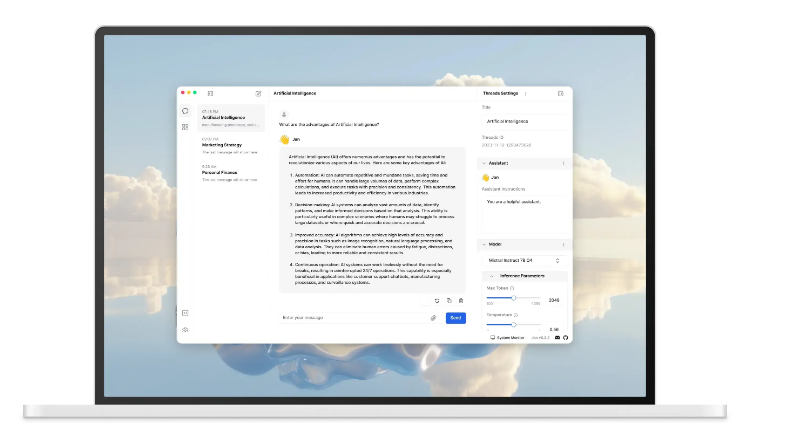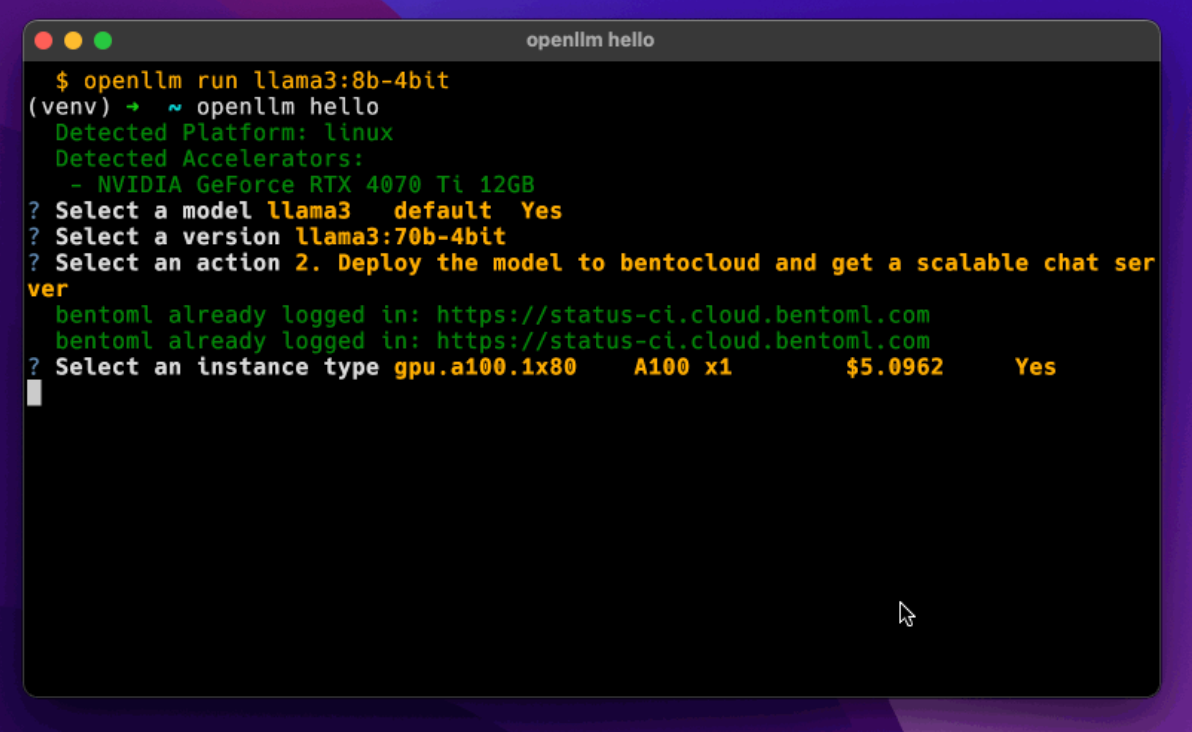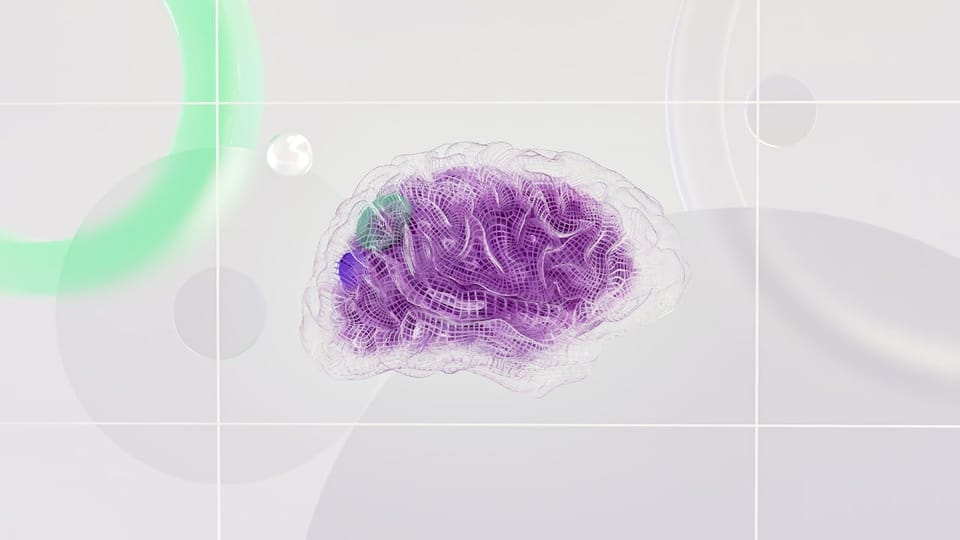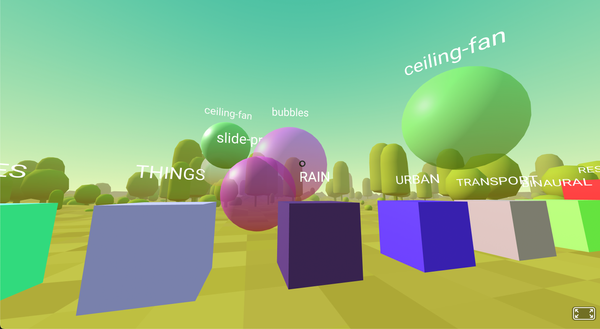ChatGPT as a Doctor? Why You Should NOT Trust AI, Even if You’re a Prompt Engineer
The Promise and Peril of AI in Medical Decision-Making: A Critical Analysis
Table of Content
In today's rapidly evolving technological landscape, artificial intelligence tools like ChatGPT and other large language models (LLMs) have become increasingly sophisticated and accessible.
These systems demonstrate remarkable capabilities in various domains, from summarizing complex medical literature to generating detailed responses about health conditions.

Their ability to process vast amounts of medical information and provide instant responses makes them particularly appealing for health-related queries.
However, despite their impressive capabilities and the growing sophistication of prompt engineering techniques, these AI systems should not be relied upon as substitutes for professional medical judgment.
Even individuals who are highly skilled in crafting precise AI prompts and extracting optimal responses from AI systems must recognize the fundamental limitations and potential risks of using these tools for medical decisions.

The complexity of medical diagnosis and treatment extends far beyond the pattern recognition and text generation capabilities of current AI systems.
Medical professionals undergo extensive training not just to accumulate knowledge, but to develop critical clinical reasoning skills, understand subtle patient presentations, and consider the myriad contextual factors that influence health outcomes.
These nuanced aspects of healthcare delivery cannot be replicated by AI systems, regardless of how well-crafted the prompts may be.

Furthermore, the stakes in medical decision-making are exceptionally high. While AI can make errors in content generation or data analysis that might be inconsequential in other contexts, mistakes in medical advice or diagnosis can have severe, potentially life-threatening consequences.
The human body's complexity, combined with the unique circumstances of each patient's case, requires the irreplaceable expertise and judgment of trained healthcare professionals.
As we continue to advance in the AI era, it's crucial to understand the appropriate role of these technologies in healthcare: as supportive tools that enhance, rather than replace, human medical expertise.
This perspective ensures we can harness the benefits of AI while maintaining the essential human elements of healthcare delivery that guarantee patient safety and optimal outcomes.
The Irreplaceable Nature of Clinical Judgment in Modern Medicine
The practice of medicine represents a sophisticated interplay of scientific knowledge and experiential wisdom that extends far beyond the capabilities of artificial intelligence.
Through my years of clinical practice, I have witnessed countless situations where nuanced interpretation made the critical difference in patient outcomes.
1- The Complex Nature of Medical Decision-Making
Medical diagnosis and treatment require a level of discernment that emerges from intensive education combined with hands-on clinical experience. In my practice, I regularly encounter cases that demonstrate why AI, despite its computational power, cannot replicate the intricate decision-making process of a trained clinician.
Consider a recent case in my practice: A patient presented with chest pain, a symptom that AI might flag simply as a cardiac concern.
However, through careful physical examination and consideration of the patient's complete clinical picture—including their recent international travel, slight shortness of breath, and family history—I identified a pulmonary embolism that might have been missed by focusing solely on the more obvious cardiac implications.
2- The Limitations of Data-Driven Analysis
While artificial intelligence excels at processing vast amounts of medical data and identifying patterns, it fundamentally lacks the ability to integrate subtle clinical observations with contextual understanding.
My experience in both emergency and clinical settings has repeatedly shown that accurate diagnosis often depends on factors that cannot be reduced to data points.
For instance, when evaluating shortness of breath, the distinction between cardiac and respiratory causes often relies on subtle clinical signs that require physical presence and trained observation.
The slight change in breathing patterns, the specific quality of chest movement, and the patient's response to position changes—these critical diagnostic indicators cannot be adequately conveyed through digital interfaces or analyzed by AI algorithms.
3- The Human Element in Healthcare
The practice of medicine is inherently human, requiring abilities that transcend pure information processing. In my department, we regularly encounter cases where successful diagnosis and treatment depend on:
- Understanding subtle variations in symptom presentation
- Interpreting non-verbal patient cues
- Recognizing patterns that deviate from textbook presentations
- Integrating social and environmental factors into treatment decisions
These aspects of medical practice demonstrate why clinical judgment, developed through years of direct patient care, remains irreplaceable in healthcare delivery.
The Critical Role of Accurate Symptom Communication in Healthcare
The accurate communication of symptoms presents a significant challenge in modern healthcare delivery. Through my experience as a physician, I've observed that the interpretation of patient descriptions requires considerable medical expertise and contextual understanding that artificial intelligence simply cannot replicate.
Patient communication often involves complex nuances that demand professional interpretation.
During consultations, I frequently encounter situations where initial symptom descriptions only scratch the surface of the underlying condition. For instance, when patients report experiencing dizziness, this single term can encompass multiple distinct medical conditions.
It might indicate anything from benign positional vertigo to more serious neurological conditions, each requiring vastly different treatment approaches.
Another common scenario involves abdominal discomfort. Patients often use general terms like "stomach ache" to describe their condition, but this description could indicate numerous conditions ranging from minor digestive issues to acute medical emergencies.
Professional medical training enables physicians to navigate these linguistic challenges through targeted questioning and careful observation of additional symptoms and signs.
Large Language Models, despite their sophisticated processing capabilities, face an inherent limitation: they can only process and respond to the information explicitly provided to them.
Patients, unlike trained medical professionals, they lack the ability to observe non-verbal cues, conduct physical examinations, or engage in the dynamic questioning necessary to reach accurate diagnoses.
This fundamental constraint means that AI systems, regardless of their technological sophistication, cannot replace the nuanced interpretation skills that medical professionals develop through years of clinical experience.
Understanding and accurately interpreting patient descriptions requires not just medical knowledge, but also the ability to read between the lines and identify what information might be missing.
This critical aspect of healthcare delivery remains firmly within the domain of human medical expertise.
AI Needs Comprehensive and Diverse Training Data
While LLMs are trained on extensive datasets, these datasets may not always represent the full spectrum of medical cases. Training data might be:
- Biased: Focused on certain demographics or age groups, leading to inaccuracies when applied to underrepresented populations.
- Incomplete: Lacking the breadth needed to address rare diseases or atypical presentations.
- Outdated: Based on older medical practices that no longer align with current standards of care.
Medicine demands precision, and datasets must be curated carefully to reflect the diversity and complexity of real-world cases. Even if AI models improve their training, they will still lack the personalized understanding that comes from patient-doctor interactions.
Personalized Healthcare: One Size Does Not Fit All
Every patient is unique, and effective medical care takes individual factors into account. Personalized medicine involves tailoring treatment plans based on:
- Genetic predispositions
- Lifestyle choices
- Medical history
- Environmental influences
AI models excel at generalizations but struggle with personalized care. For instance:
- A diabetic patient’s treatment plan must consider not just glucose levels but also comorbidities like hypertension or kidney disease.
- An AI might recommend standard medication for hypertension without recognizing contraindications specific to a patient’s condition.
Doctors integrate multiple layers of information to craft personalized plans. AI lacks the ability to adapt dynamically to the individual nuances of each case.
Why Trusting AI for Healthcare is Risky
1. AI is not trained for every scenario.
Medical professionals undergo years of rigorous training to address both common and rare conditions. AI may miss rare but critical diagnoses due to gaps in its training.
2. AI cannot perform physical exams.
Diagnosing certain conditions requires tactile feedback, auscultation, or visual inspection—things an AI simply cannot do.
3. AI lacks accountability.
Doctors are bound by medical ethics and regulatory standards. If a doctor makes an error, there are systems in place to address it. AI, on the other hand, operates without liability or oversight.
4. Hallucination and Bias in AI Outputs.
AI can produce confident but false responses. A misdiagnosis or incorrect recommendation from AI could delay treatment or lead to harm.
Looking Forward
As we continue to integrate artificial intelligence into healthcare, it's crucial to recognize its role as a supportive tool rather than a replacement for clinical expertise. The future of medicine lies not in replacing human judgment with AI, but in leveraging technology to enhance the capabilities of trained medical professionals while preserving the essential human elements of healthcare delivery.
The art and science of medicine require a level of understanding that can only be developed through years of clinical practice and direct patient interaction. While AI will undoubtedly continue to advance and provide valuable support in healthcare settings, it cannot replicate the nuanced decision-making process that defines medical expertise.











